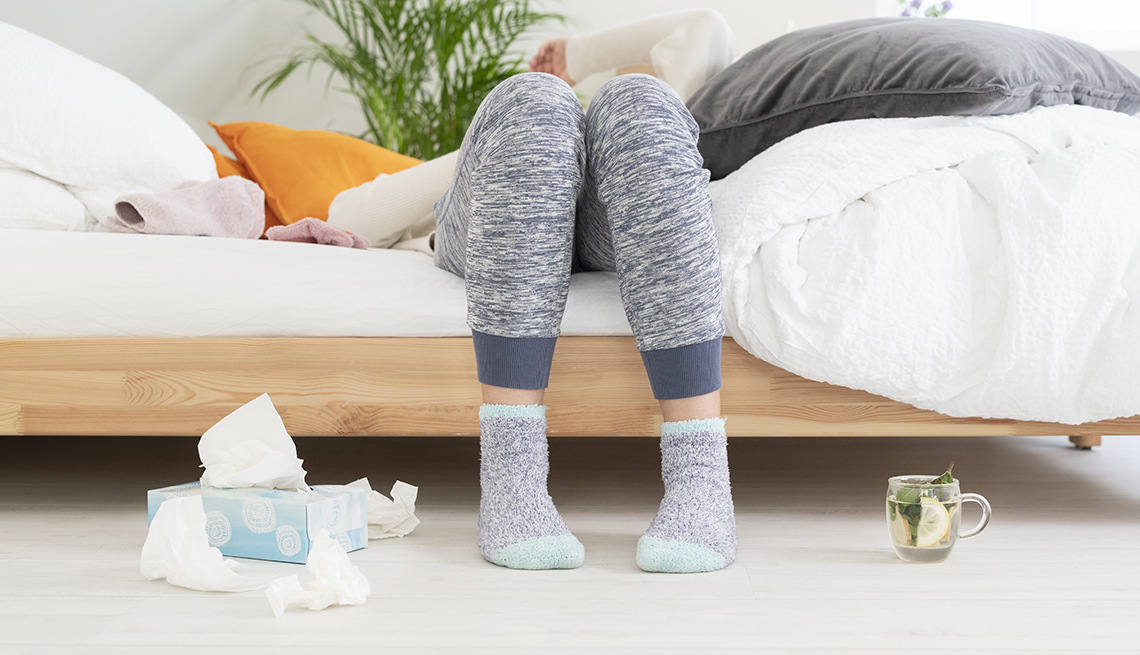
What to do if your college student gets covid-19
- Select a language for the TTS:
- UK English Female
- UK English Male
- US English Female
- US English Male
- Australian Female
- Australian Male
- Language selected: (auto detect) - EN
Play all audios:
"When he went into isolation I was trying to get in touch with the university student health center to say, ‘What is the protocol here? How are you watching my kid?'” says Lisse,
51, of Potomac, Maryland. “Unfortunately, nobody was really able to help me until I got the director of the student health center on the phone." The university had removed information
from its website about daily checks and started giving students daily questionnaires instead. Lisse questioned whether her son, Marcus, would be too sick to fill them out. The business major
was taken to a university-owned hotel for 10 days, with symptoms including a sore throat, congestion and temporary loss of taste and smell, so Lisse scheduled several virtual appointments
with a physician assistant on his behalf. Marcus got better, and campus test sites now are open to all students and employees whether or not they have symptoms. Now that Marcus is better,
Lisse is happy to hear that the school plans to expand its testing program, beginning with the spring semester, so that all students who live on campus, attend classes or use campus spaces
are tested twice each week. "Testing is key,” she says. BE SUPPORTIVE AND LISTEN If your child does stay on or near campus while fighting the coronavirus, above all, be a good listener.
Students are often worried about their health and their ability to maintain college-level work, and they have social concerns as well. Oppenheim says her son, normally a high-achieving
economics major, became anxious about falling behind in his classes. She allowed him to voice fears that his college career and future job prospects might be hindered. At his lowest point,
Julian thought he might be better off at home and repeating the semester when he could give it his all. While Oppenheim never took this option off the table, she suggested he give himself
permission to drop a course if he still found he couldn't catch up once he recovered. "Ultimately this was the path he chose,” says Oppenheim, who knew Julian was in good hands,
actively monitored by the school and the state. The key for parents, Gonsenhauser says, is to determine how a college or university is handling coronavirus cases before having to deal with a
sick student. “Most universities … have put a huge amount of expertise and resources into creating safe spaces for students to live, be tested, and isolate or quarantine,” he says. “Find
out what they've done at your student's school so you can make an informed decision, together." _Editor’s note: This article, originally published Nov. 5, 2020, has been
updated to include new information._ _Robin L. Flanigan is a contributing writer who covers mental health, education and human-interest stories for several national publications. A former
reporter for several daily newspapers, her work has also appeared in _People_, _USA Today_ and _Education Week_. She is the author of the children's book _M is for Mindful.